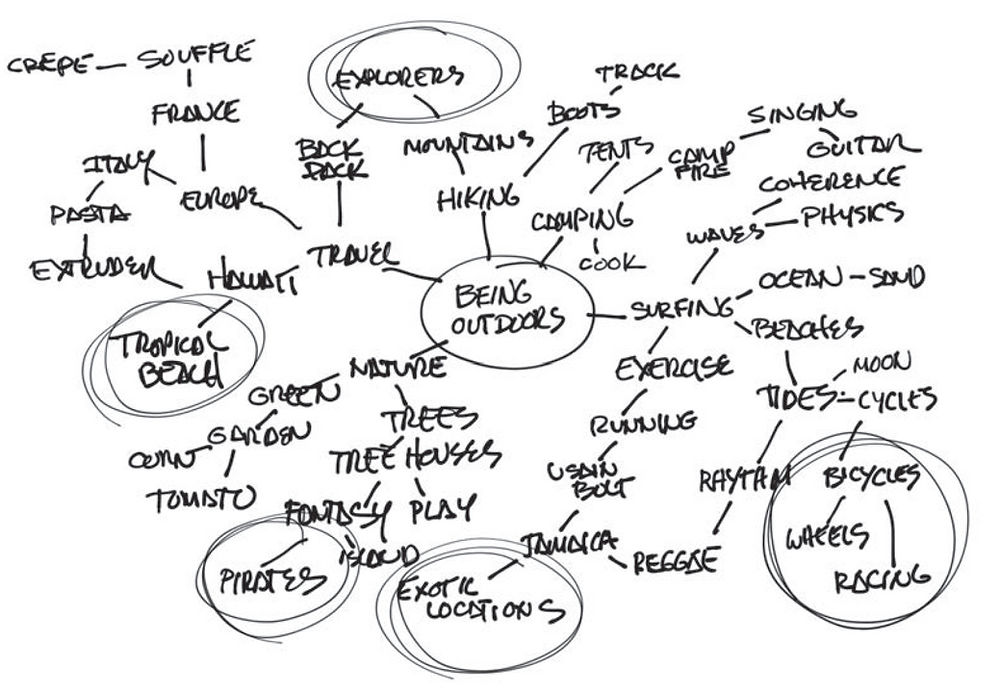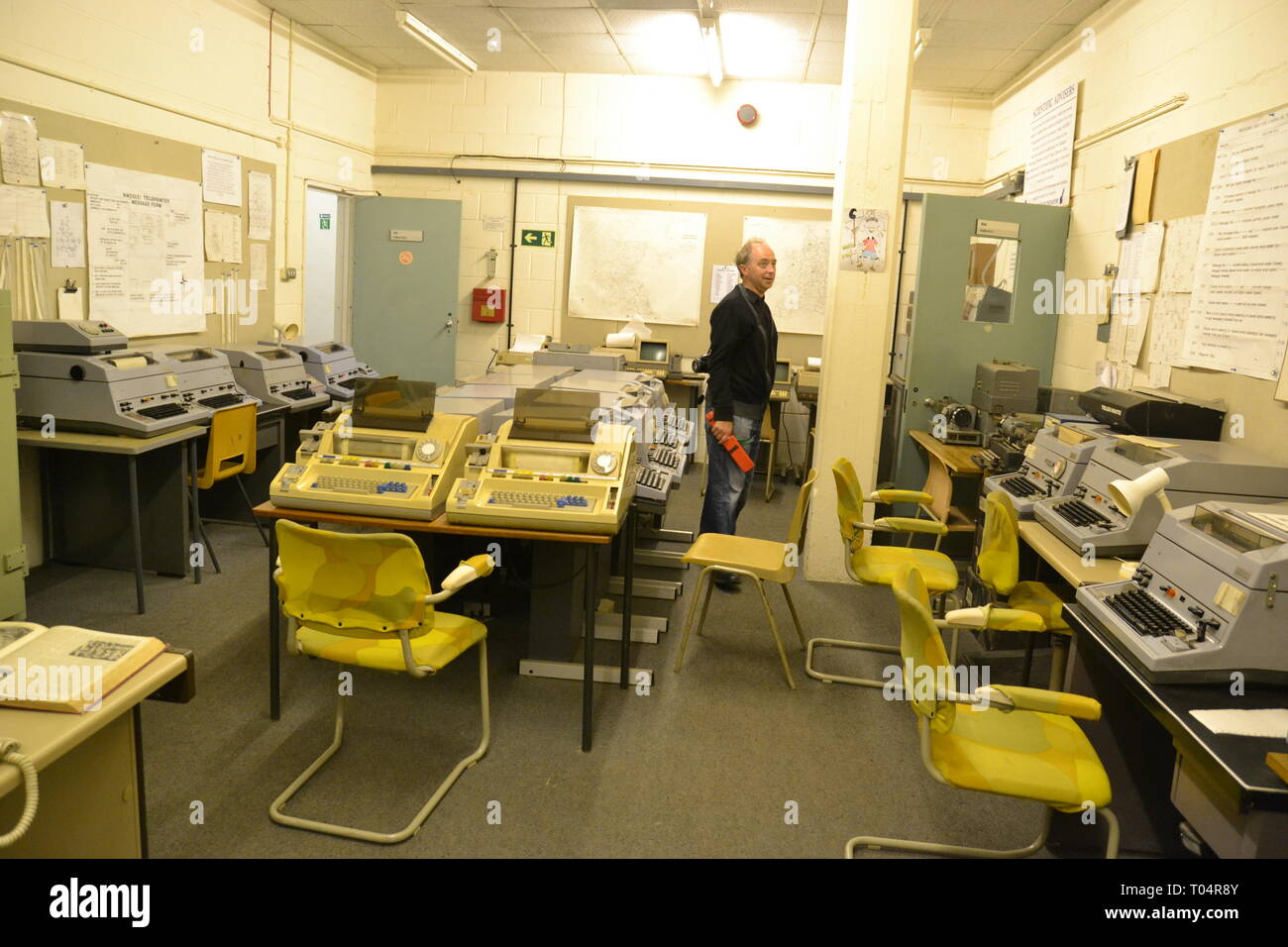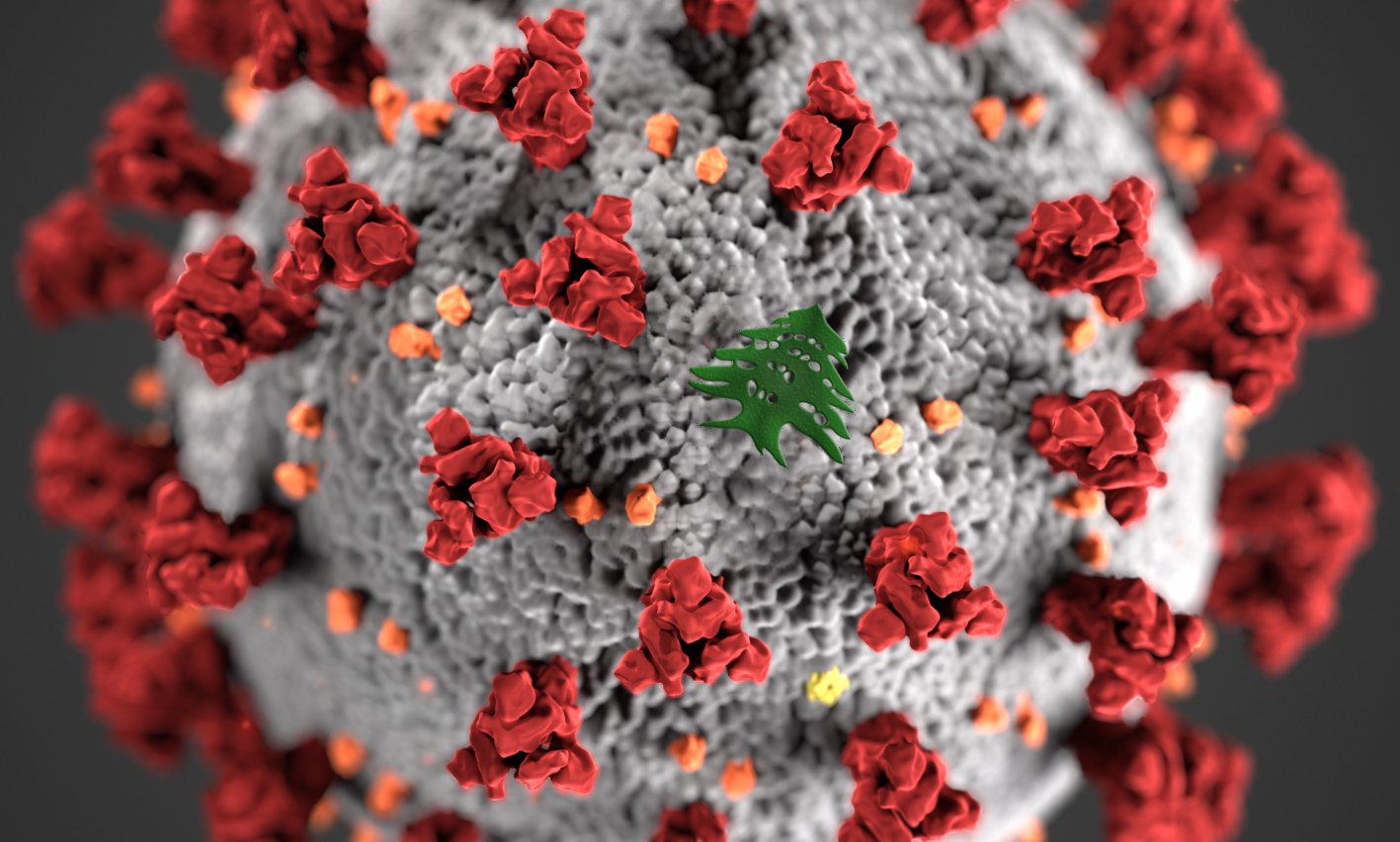Designing Your Good Life: A Practical Guide

Table of Contents
Defining Your Values and Vision
Before you can effectively design your good life, you must understand what truly matters to you. Self-reflection is crucial in identifying your core values – the fundamental beliefs and principles that guide your decisions and actions. These values form the bedrock upon which you'll build your ideal life. Understanding your personal values is the first critical step in designing a life of purpose and meaning.
-
Journaling prompts to uncover your values:
- What truly matters to you?
- What brings you joy and a sense of fulfillment?
- What are you passionate about?
- What kind of impact do you want to make on the world?
- What are your non-negotiables in life?
-
Identifying life goals that align with your values: Once you've identified your core values (like family, creativity, learning, or financial security), you can set both short-term and long-term goals that reflect those values. For example, if family is a core value, a short-term goal might be scheduling regular family dinners, while a long-term goal could be buying a larger home to accommodate everyone comfortably.
-
Creating a vision board or writing a vision statement: Visualizing your ideal life is a powerful tool. A vision board, using images and words, or a written vision statement, articulating your ideal future, helps solidify your aspirations and keeps your goals top-of-mind.
-
Using value clarification exercises: Numerous exercises can help you prioritize your values. These often involve ranking values in order of importance, or reflecting on situations where your values were tested. This process provides valuable clarity on what truly drives you. This process of self-reflection helps you to discover your personal values and to design a life that aligns with them, contributing to a more meaningful existence.
Related Keywords: Core values, life goals, vision board, self-reflection, personal values, purpose, meaning, value clarification.
Setting Realistic and Achievable Goals
Having a clear vision is essential, but without actionable steps, it remains just a dream. Breaking down large, overwhelming goals into smaller, manageable steps is key to achieving them. This makes the process less daunting and provides a sense of accomplishment along the way.
-
Utilizing the SMART goal method: SMART goals are:
- Specific: Clearly defined and easy to understand.
- Measurable: Progress can be tracked.
- Achievable: Realistic and attainable.
- Relevant: Aligned with your overall vision and values.
- Time-bound: With a specific deadline.
-
Creating a prioritized to-do list or project plan: Organize your tasks efficiently. Prioritize tasks based on urgency and importance using methods like the Eisenhower Matrix (urgent/important).
-
Setting deadlines and milestones for each step: Regular checkpoints keep you on track and provide motivation.
-
Building in flexibility and acknowledging potential setbacks: Life happens! Be prepared for unexpected delays or challenges. Flexibility and resilience are crucial for long-term success in achieving your goals. Designing your good life is not about perfection, but about progress.
Related Keywords: SMART goals, goal setting, goal achievement, productivity, time management, planning, prioritization, Eisenhower Matrix.
Cultivating Positive Habits and Routines
Daily habits significantly impact your overall well-being. By cultivating positive routines, you build a foundation for a happier, healthier, and more fulfilling life.
-
Identifying areas for improvement in current routines: Assess your sleep, nutrition, exercise, and mindfulness practices. Where can you make positive changes?
-
Incorporating small, positive changes gradually: Don't try to overhaul your entire life at once. Start with one or two small changes and gradually build upon them.
-
Utilizing habit tracking apps or journals: Monitoring your progress helps reinforce positive habits and identifies areas needing attention.
-
Building a supportive environment that encourages positive habits: Surround yourself with people who support your goals.
-
The importance of self-care and stress management techniques: Prioritize activities that nurture your physical and mental health – yoga, meditation, spending time in nature, etc. Effective stress management is crucial for overall well-being.
Related Keywords: Positive habits, daily routine, self-care, mindfulness, stress management, healthy habits, well-being, habit tracking.
Building Strong Relationships and Support Systems
Human connection is vital for a fulfilling life. Strong relationships provide emotional support, encouragement, and a sense of belonging.
-
Nurturing existing relationships with loved ones: Make time for family and friends. Regular communication and quality time are essential.
-
Building new connections through shared interests or activities: Join clubs, groups, or volunteer organizations to meet like-minded individuals.
-
Seeking support from mentors or coaches: Guidance from experienced individuals can provide valuable insights and support.
-
Joining communities or groups aligned with your values: Surrounding yourself with people who share your values creates a sense of belonging and mutual support.
-
Understanding the importance of healthy boundaries: Setting boundaries helps protect your well-being and ensures healthy relationships.
Related Keywords: Social connection, relationships, support system, community, networking, mentorship, friendship, healthy boundaries.
Continuously Learning and Growing
Personal development is a lifelong journey. Embracing continuous learning keeps you engaged, challenged, and adaptable.
-
Identifying areas for personal growth: What skills do you want to develop? What knowledge do you want to acquire?
-
Taking courses, reading books, attending workshops: Invest in your personal and professional development.
-
Seeking feedback and mentorship: Constructive criticism helps you identify areas for improvement.
-
Embracing challenges and learning from mistakes: Setbacks are opportunities for growth.
-
Practicing continuous self-improvement: Design your good life is a continuous process of self-discovery and refinement.
Related Keywords: Personal development, lifelong learning, self-improvement, skill development, education, growth mindset.
Conclusion
Designing your good life is an ongoing journey, not a destination. By consciously defining your values, setting achievable goals, cultivating positive habits, building strong relationships, and continuously learning, you can create a life that is truly fulfilling and meaningful. Remember, it's a process of continuous refinement and growth. Start today by taking small steps towards designing your good life and witness the transformative power of intentional living. Take the first step – begin designing your good life now! Embrace the journey of self-discovery and create the life you've always envisioned. Start designing your good life today!

Featured Posts
-
 Man Admits To Animal Pornography Kelvedon Case Details
May 31, 2025
Man Admits To Animal Pornography Kelvedon Case Details
May 31, 2025 -
 Alcaraz Beats Davidovich Fokina To Secure Monte Carlo Masters Final Spot
May 31, 2025
Alcaraz Beats Davidovich Fokina To Secure Monte Carlo Masters Final Spot
May 31, 2025 -
 New Covid 19 Variant Who Warns Of Increased Cases
May 31, 2025
New Covid 19 Variant Who Warns Of Increased Cases
May 31, 2025 -
 French Far Left Seizes On Killing To Condemn Islamophobia
May 31, 2025
French Far Left Seizes On Killing To Condemn Islamophobia
May 31, 2025 -
 Ex Nypd Commissioner Kerik Hospitalized Full Recovery Anticipated
May 31, 2025
Ex Nypd Commissioner Kerik Hospitalized Full Recovery Anticipated
May 31, 2025
